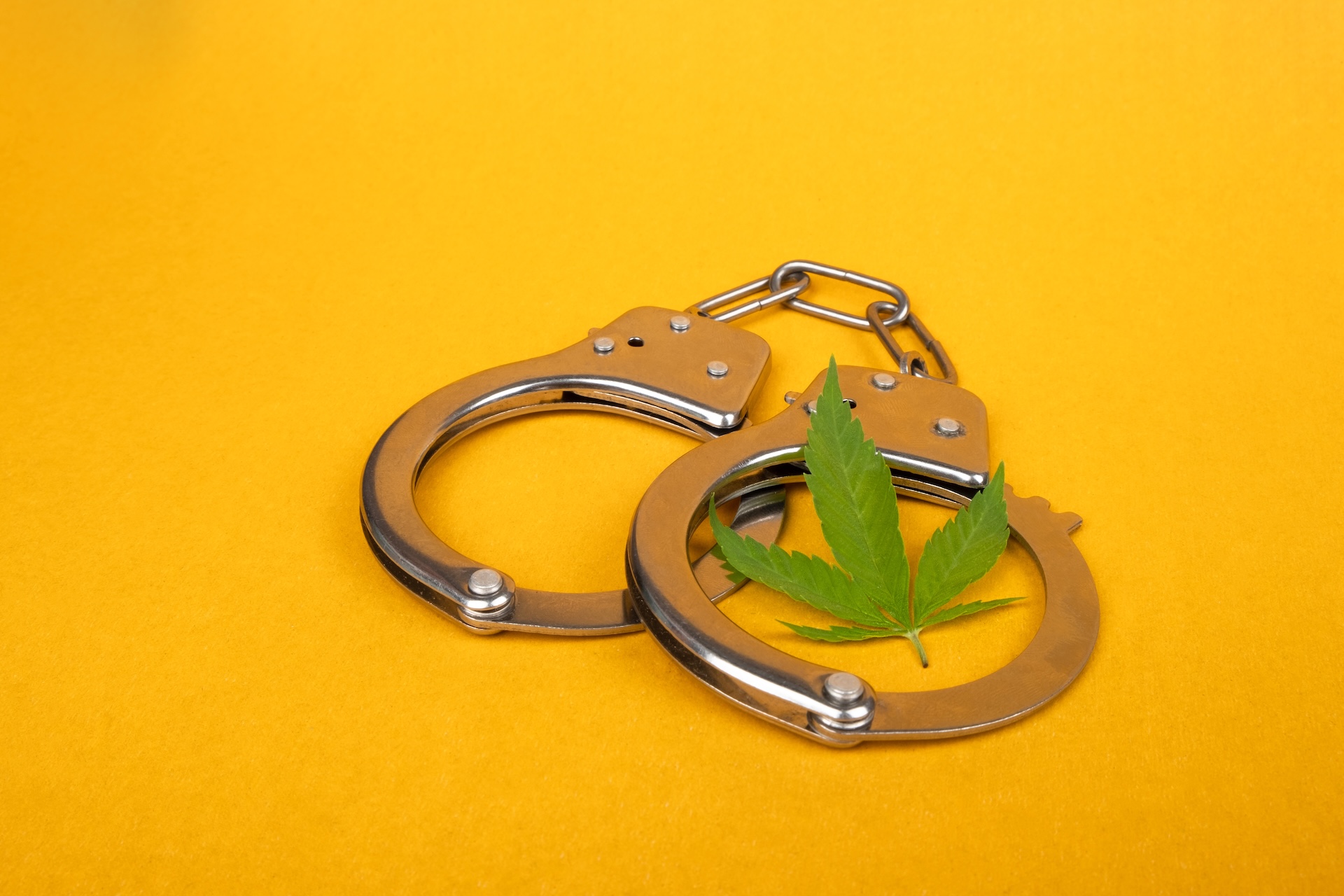If you’ve been charged with criminal mischief in Texas, you may not fully understand the seriousness of the accusation, or what it could mean for your future. While the term might sound like a minor offense, criminal mischief can carry severe consequences, including jail time, fines, and a permanent criminal record.
Whether you’re facing a misunderstanding, a moment of poor judgment, or a false accusation, knowing how Texas law defines criminal mischief and what your legal options are is essential.
At Griffin, Cain & Herbig, Attorneys at Law, PLLC, we help individuals across Montgomery County, The Woodlands, Conroe, and surrounding areas navigate criminal charges and protect their rights. Here’s what you need to know if you or someone you love has been accused of criminal mischief.
What Is Criminal Mischief in Texas?
Under Texas Penal Code § 28.03, criminal mischief occurs when a person intentionally or knowingly:
- Damages or destroys someone else’s tangible property,
- Tamper with someone’s property in a way that causes financial loss or inconvenience, or
- Mark, draw on, or deface property without the owner’s consent (including graffiti).
This statute is broad and can apply to many actions, such as:
- Breaking windows
- Keying a car
- Slashing tires
- Vandalizing public buildings
- Spray painting graffiti
- Damaging fences or mailboxes
- Tampering with utility meters or pipelines
The key element is intent. The act must be done knowingly or deliberately. Accidents or misunderstandings typically do not qualify unless accompanied by clear reckless behavior.
Penalties for Criminal Mischief in Texas
Texas punishes criminal mischief based primarily on the amount of damage caused. Here’s a breakdown of how the offense is classified:
- Damage less than $100
- Penalty: Fine up to $500
- Damage between $100 and $750
- Penalty: Up to 180 days in jail and a fine up to $2,000
- Damage between $750 and $2,500
- Penalty: Up to 1 year in jail and a fine up to $4,000
- Damage between $2,500 and $30,000, or
- Damage less than $2,500 but to certain types of property (like fences for livestock or public utilities)
- Penalty: 180 days to 2 years in state jail and up to a $10,000 fine
- Damage between $30,000 and $150,000
- Penalty: 2 to 10 years in prison and a fine up to $10,000
- Damage between $150,000 and $300,000
- Penalty: 2 to 20 years in prison and a fine up to $10,000
- Damage over $300,000
- Penalty: 5 to 99 years in prison and a fine up to $10,000
These penalties show how quickly criminal mischief can escalate from a ticket-level offense to a felony with serious prison time.
Special Circumstances and Enhancements
In some cases, the punishment for criminal mischief may be enhanced depending on the type of property affected or the intent behind the act.
For example, higher penalties can apply if the damage was done to:
- Critical infrastructure like power lines, water facilities, or communications towers
- Places of worship, schools, cemeteries, or public monuments
- Fences or enclosures for cattle or other livestock
- Public transportation systems or railways
In addition, graffiti cases may be charged under a related statute (Texas Penal Code § 28.08) and may carry enhanced penalties if the graffiti is gang-related or affects public buildings.
What the Prosecution Must Prove
To secure a conviction for criminal mischief, the prosecution must prove beyond a reasonable doubt that you:
- Acted intentionally or knowingly,
- Damaged, destroyed, or tampered with property owned by another, and
- Caused measurable damage, which determines the severity of the charge.
Prosecutors often use surveillance footage, witness testimony, social media posts, or even admissions made to police to try to meet this burden. However, a skilled criminal defense attorney can challenge each of these points.
Defenses to Criminal Mischief Charges
Being charged doesn’t mean you’ll be convicted. Several potential defenses may apply, including:
- Mistaken identity – You weren’t the person who committed the act.
- Lack of intent – The act was accidental or unintentional.
- Consent – You had permission from the property owner.
- Value dispute – The claimed damage amount is exaggerated or unverified.
- Violation of rights – Evidence was collected in violation of your Fourth Amendment rights.
At Griffin, Cain & Herbig, we examine every angle of your case, from police procedures to property valuations, to craft a strong and strategic defense.
What to Do If You’re Accused of Criminal Mischief
If you’re facing charges, take the following steps to protect your rights:
- Do not speak to law enforcement without a lawyer present.
- Do not post about the incident on social media.
- Preserve any evidence, such as receipts, text messages, or witness contact information.
- Contact an experienced criminal defense attorney immediately.
Even a misdemeanor conviction can affect your job prospects, housing applications, and more. A felony conviction can permanently alter your life.
We Can Help
At GCH Lawyers, we understand how stressful and confusing criminal charges can be. We take the time to explain your rights, explore every possible defense, and work toward the best resolution, whether that’s a dismissal, reduced charge, or favorable plea agreement.
📞 Call us today at (936) 539-1011 to schedule your free consultation. We’re here to help protect your future and fight for your rights in Montgomery County, Conroe, The Woodlands, and surrounding areas.

Brian Cain, Partner
GCH Lawyers



